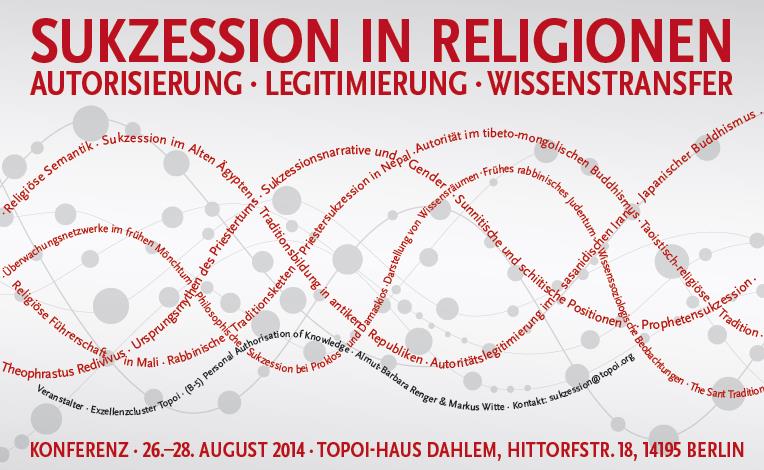The project analysed literary genealogies in Jewish writings of the Hellenistic time. It focussed on the tradition-historical background, the narrative function and the meaning for the self-conception of the authors and readers of each scripture.
Research
Since the beginning of the project, the following genealogical or genealogy-like constructions have been examined: the “Praise of the Fathers“ in the book of Ben Sira (Sir 44–50), the range of the righteous of Israel’s primeval and early history who are saved by the hypostatized wisdom in the Sapientia Salomonis (Sap 10), Job’s genealogy in the epilog of the Job-Septuagint (Job-LXX 42,17), Job’s descendants in the pseudepigraphical Testament of Job (T. Job 1) and the genealogies of Tobit and Judith in the books of Tobit (Tob 1; 7) and Judith (Jud 8).
These genealogies are throughout the product of an innerbiblical exegesis. The authors deliberately select from scriptures having a protocanonical authority in Ancient Judaism and they combine different biblical figures according to aspects relevant for the particular scripture (e.g. their relation to the “covenant”, to the divine wisdom and justice, to Abraham, to Moses, to the tribe Judah, to the Torah, to the prophecy and the prophets et al.). Some personal or geographical names prove to be artificial formations on the basis of word plays and etymologies. Sometimes figures of the pagan world are incorporated in the Jewish genealogy, for example Heracles by the Jewish-Hellenistic historian Cleodemus Malchus (cf. Euseb, praep. ev. 9,20,2–4). The previous studies have been classified according to their genre and evaluated with regard to their place of origin and transmission.
Postdoctoral and Doctoral Research
Within the framework of the project, a postdoctoral thesis on the genealogical constructions in the biblical books of Numbers and Chronicles was written. The study revealed that orthographical differences within genealogies which are transmitted in the book of Numbers and in the Chronicles, are not merely text-critical variants, but exegetically intended modifications with the aim of an autonomous literary, theological profile. Furthermore, a doctoral dissertation investigating all local and personal names in the apocryphal book of Judith was taken up in the context of this project. This dissertation aims at a determination of the biblical and nonbiblical donor texts (“Spendertexte”) and at the theological interpretation of the fictitious indications regarding space, persons and time in the book of Judith.
Conference
At the beginning of the project, Markus Witte organised a huge international conference on “Succession in Religions” together with Almut-Barbara Renger (Freie Universität Berlin). At this conference, different models of succession of religious specialists in the cultures from the Levant to East Asia and from the third millenium to the 16th century CE were presented and discussed. The congress volume is enriched with articles on areas of cultures and periods which were not represented at the conference in 2014 and with a comprehensive introduction penned by the organisers Almut B. Renger and Markus Witte:
Publications
Results of the project have been presented in several publications e.g:
Markus Witte, Hiobs viele Gesichter. Studien zur Komposition, Tradition und frühen Rezeption des Hiobbuches, Göttingen: Vandenhoeck & Ruprecht, 2018
Markus Witte, “Jobs Sohn – Eine textgeschichtliche Notiz zu Job 42:17 (LXX)”, in: Randall X. Gauthier, Gideon R. Kotzé and Gert J. Steyn (Eds.), Septuagint, Sages, and Scripture. Studies in Honour of Johann Cook, Leiden: Brill, 2016, 172–179
Markus Witte and Sven Behnke (eds.), The Metaphorical Use of Language in Deuterocanonical and Cognate Literature, Berlin / Boston: de Gruyter, 2015
Markus Witte, Von Ewigkeit zu Ewigkeit. Weisheit und Geschichte in den Psalmen, Neukirchen: Neukirchener Verlag, 2014
Markus Witte, “Hiob und die Väter Israels. Beobachtungen zum Hiobtargum”, in: Markus Witte (Ed.), Hiobs Gestalten. Interdisziplinäre Studien zum Bild Hiobs in Judentum und Christentum, Leipzig: Evangelische Verlagsanstalt, 2012, 39–61

